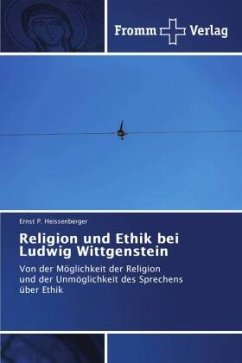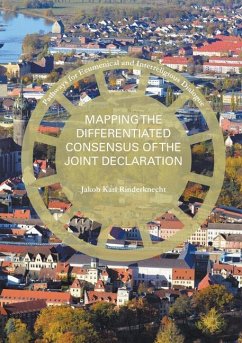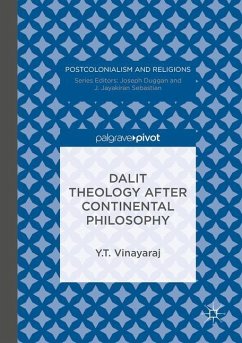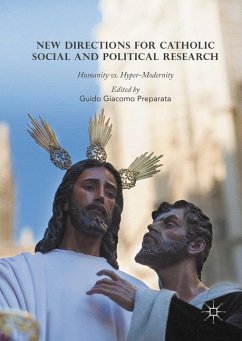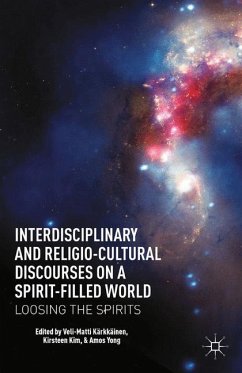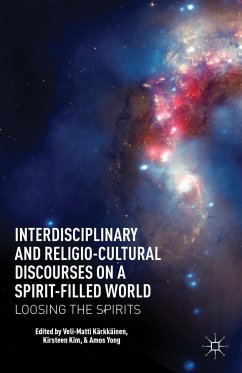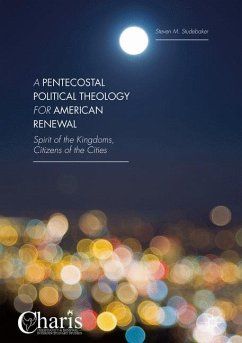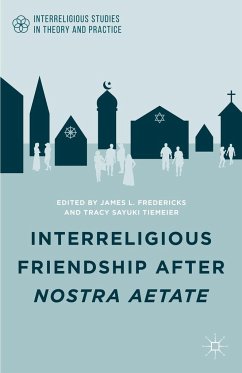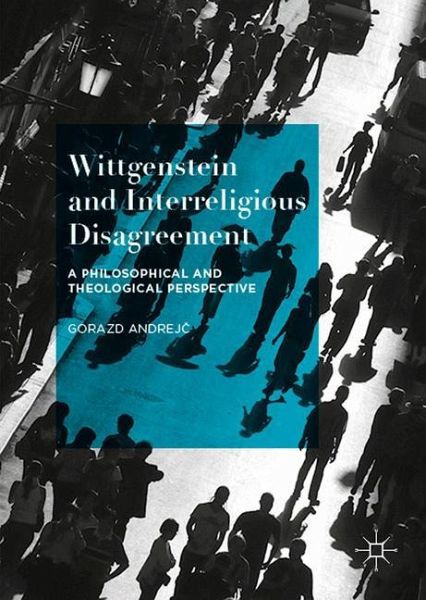
Wittgenstein and Interreligious Disagreement
A Philosophical and Theological Perspective

PAYBACK Punkte
19 °P sammeln!
This book critically examines three distinct interpretations of Ludwig Wittgenstein, those of George Lindbeck, David Tracy, and David Burrell, while paying special attention to the topic of interreligious disagreement. In theological and philosophical work on interreligious communication, Ludwig Wittgenstein has been interpreted in very different, sometimes contradicting ways. This is partly due to the nature of Wittgenstein's philosophical investigation, which does not consist of a theory nor does it posit theses about religion, but includes several, varying conceptions of religion. In this v...
This book critically examines three distinct interpretations of Ludwig Wittgenstein, those of George Lindbeck, David Tracy, and David Burrell, while paying special attention to the topic of interreligious disagreement. In theological and philosophical work on interreligious communication, Ludwig Wittgenstein has been interpreted in very different, sometimes contradicting ways. This is partly due to the nature of Wittgenstein's philosophical investigation, which does not consist of a theory nor does it posit theses about religion, but includes several, varying conceptions of religion. In this volume, Gorazd Andrejc illustrates how assorted uptakes of Wittgenstein's conceptions of religion, and the differing theological perspectives of the authors who formulated them, shape interpretations of interreligious disagreement and dialogue. Inspired by selected perspectives from Tillichian philosophical theology, the book suggests a new way of engaging both descriptive and normative aspects of Wittgenstein's conceptions of religion in the interpretation of interreligious disagreement.





